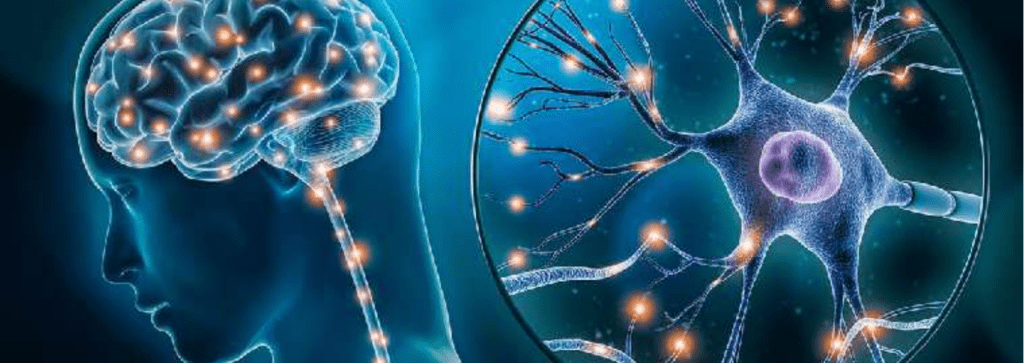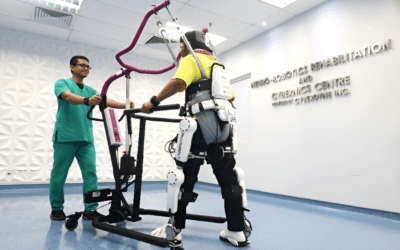A brain injury can alter every aspect of an individual’s life, from their ability to perform routine tasks to their emotional well-being. Many patients struggle with cognitive difficulties that affect independence, employment, and social interactions. Without proper rehabilitation, these challenges can persist, limiting overall recovery.
Cognitive Challenges After Brain Injury

Brain injuries often lead to cognitive impairments that affect memory, attention, problem-solving, and decision-making. These challenges can significantly impact daily life, making it difficult for individuals to work, communicate, or maintain relationships. Understanding these cognitive deficits is essential for designing effective rehabilitation strategies.
Common cognitive challenges include:
- Memory Impairment – Difficulty recalling recent events, learning new information, or recognizing familiar faces.
- Attention Deficits – Struggles with concentration, multitasking, or maintaining focus over time.
- Executive Function Disorders – Issues with planning, organizing, and problem-solving, affecting decision-making.
- Processing Speed Reduction – Slower ability to understand and respond to information.
By addressing these cognitive difficulties through specialised therapies, patients can regain their cognitive functions and improve their quality of life.
The Role of Neuroplasticity in Recovery
Neuroplasticity, the brain’s ability to reorganize and form new neural connections, is the foundation of cognitive rehabilitation. When parts of the brain are damaged due to injury, neuroplasticity enables healthy regions to adapt and take over certain lost functions. Through consistent therapy, cognitive exercises, and stimulation, the brain can rewire itself, allowing patients to regain lost abilities over time.
To support neuroplasticity, rehabilitation programs incorporate specialized interventions such as:
- Task-Specific Training – Repetitive practice of targeted skills to enhance neural pathways.
- Sensory Stimulation Therapy – Engaging the brain through multisensory inputs to boost cognitive function.
- Neurofeedback Therapy – Real-time monitoring and training of brainwave activity to improve cognitive control.
Benefits of Cognitive Rehabilitation

Cognitive rehabilitation offers a wide range of benefits, contributing to both cognitive and emotional well-being. Key advantages include:
- Improved Memory and Learning Capabilities – Helping patients recall important information and develop new learning skills.
- Enhanced Attention and Focus – Strengthening concentration, multitasking abilities, and sustained attention.
- Better Problem-Solving and Decision-Making Skills – Enabling individuals to approach daily tasks with greater confidence and efficiency.
- Increased Independence in Daily Activities – Encouraging self-sufficiency in tasks such as cooking, managing finances, and social interactions.
- Higher Quality of Life and Emotional Well-Being – Reducing frustration, anxiety, and depression associated with cognitive impairments.
- Faster Reintegration into Work and Social Life – Supporting a return to professional, academic, or social environments with greater ease.
Success Stories
Many individuals recovering from brain injuries have demonstrated remarkable improvements through cognitive rehabilitation. Clinical studies indicate that structured cognitive training enhances neural connectivity, leading to sustained cognitive gains. Success stories highlight cases where patients have:
- Regained lost cognitive functions through intensive therapy and neuroplasticity-driven interventions.
- Returned to work or academic pursuits with restored cognitive abilities.
- Experienced significant reductions in cognitive fatigue, confusion, and frustration.
- Improved social interactions and communication skills, leading to better relationships and emotional well-being.
At PERKESO Rehabilitation, advanced therapies continue to transform lives, offering patients the highest standard of care. With a focus on innovation and evidence-based practices, cognitive rehabilitation paves the way for long-term recovery and a better quality of life.



